As we age, our skin naturally undergoes changes. Fine lines, wrinkles, and age spots may start to appear, and skin elasticity can decrease. However, with the right skincare routine, you can slow down these visible signs of aging and maintain a youthful, healthy complexion for longer. Here are some simple and effective anti-aging skincare tips and treatments to help you look and feel your best.
1. Cleansing: The First Step to Healthy Skin

The foundation of any skincare routine is a good cleanser. Cleansing your face properly removes dirt, oil, and impurities that can clog pores and contribute to premature aging. Choose a gentle, hydrating cleanser that doesn’t strip your skin of its natural oils. Avoid harsh, drying soaps, as they can lead to dry, dull skin over time.
For anti-aging benefits, consider using a cleanser that contains antioxidants like vitamin C or green tea. These ingredients help fight free radicals that can damage your skin and speed up the aging process.
2. Moisturize Regularly to Keep Skin Hydrated
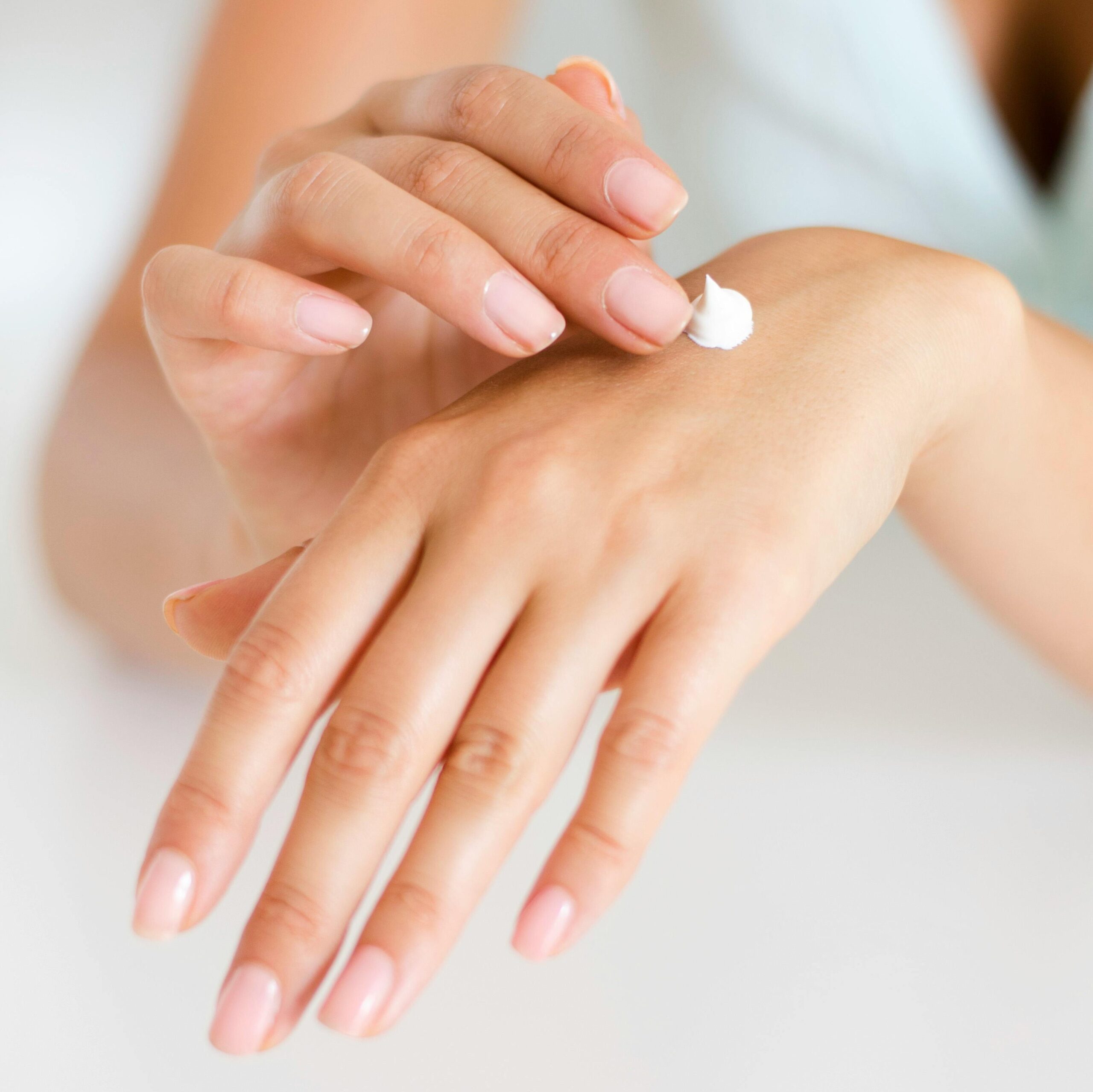
Moisturizers play a crucial role in anti-aging skincare by maintaining the skin’s hydration, which is essential for its overall health and appearance. As we age, the skin naturally loses moisture, which can lead to dryness, fine lines, and wrinkles
Look for moisturizers that contain ingredients like hyaluronic acid, glycerin, or ceramides, which help retain moisture in the skin. If you have dry skin, consider using a richer cream, while those with oily skin might benefit from a lightweight gel moisturizer.
3. Sun Protection: The Ultimate Anti-Aging Solution
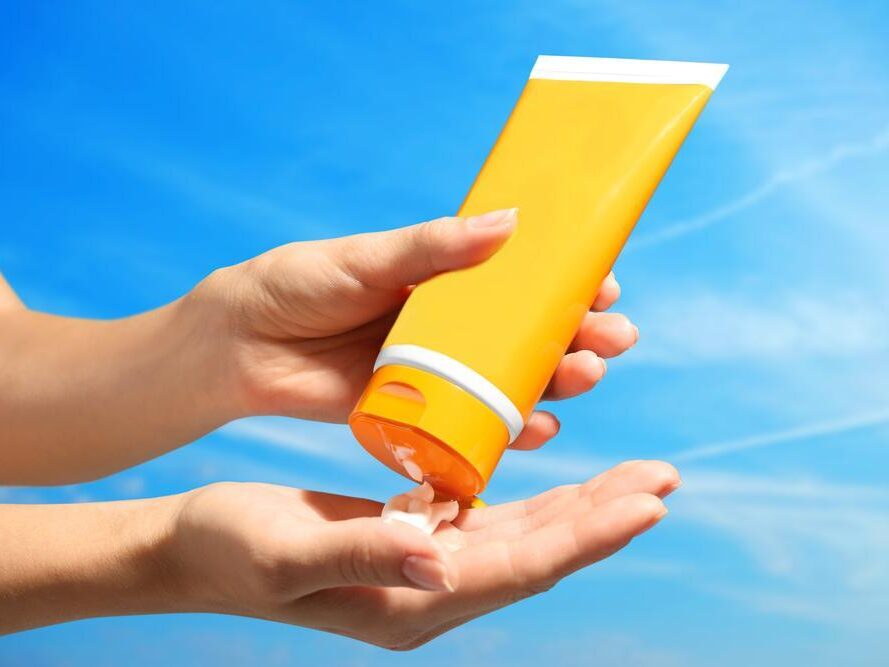
The number one cause of premature aging is sun damage. UV rays from the sun can break down collagen, which is the protein that keeps your skin firm and elastic. Over time, this leads to wrinkles, sagging, and dark spots. To protect your skin, make sunscreen a non-negotiable part of your daily routine.
Choose a broad-spectrum sunscreen with SPF 30 or higher and apply it every morning, even on cloudy days or indoors near windows. If you’re spending extended time outdoors, reapply every two hours.
4. Incorporate Antioxidants into Your Skincare
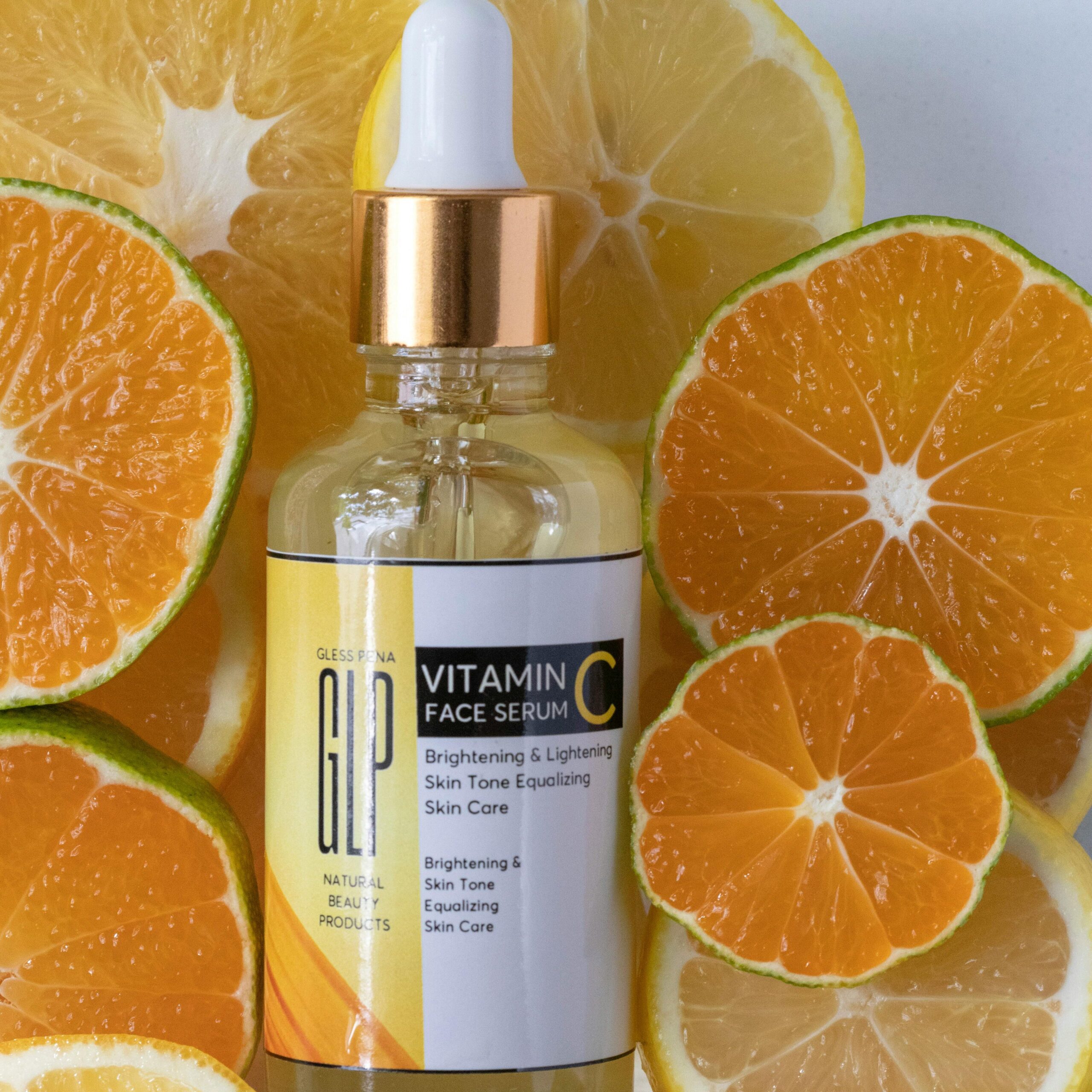
Antioxidants are powerful ingredients that help fight the signs of aging by neutralizing free radicals in the environment, such as pollution and UV rays, which can damage skin cells. Some of the best antioxidants for anti-aging are vitamin C, vitamin E, and niacinamide.
Vitamin C, in particular, is well-known for its ability to brighten skin and reduce dark spots. Consider adding a vitamin C serum to your morning skincare routine. Niacinamide, on the other hand, can improve skin elasticity and smooth out fine lines, making it a great ingredient for mature skin.
5. Retinoids: The Gold Standard for Anti-Aging
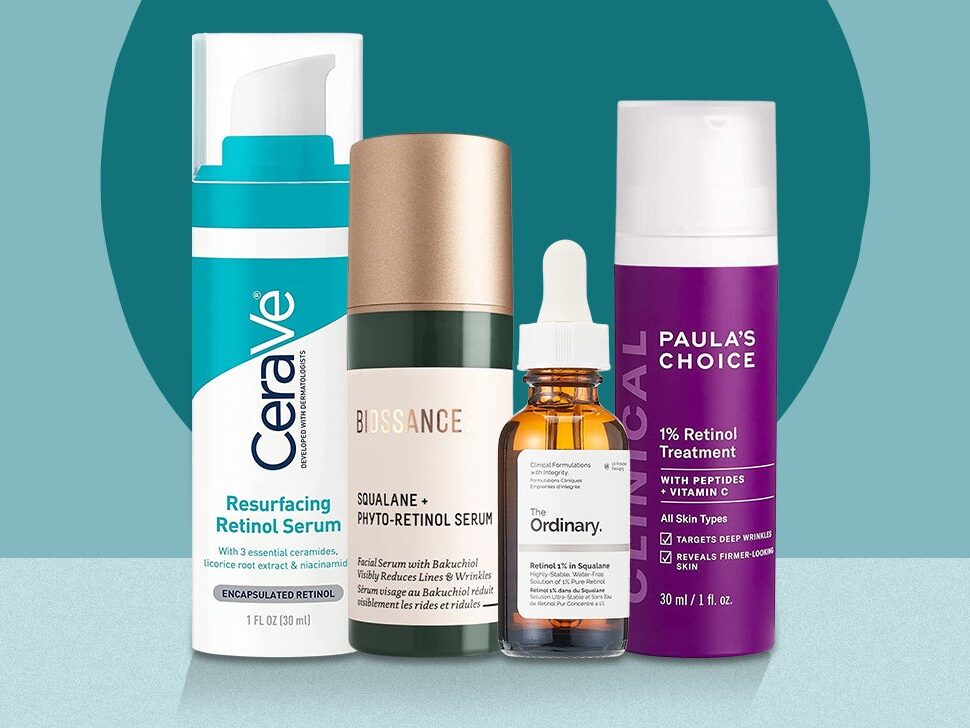
Retinoids, derived from vitamin A, are often considered the gold standard for anti-aging treatments. These powerful ingredients promote cell turnover, helping to reduce the appearance of fine lines, wrinkles, and age spots. They also stimulate collagen production, which keeps skin firm and youthful.
If you’re new to retinoids, start slowly to avoid irritation. Begin by applying a small amount a few times a week, and gradually increase use as your skin builds tolerance. There are over-the-counter retinol products available, or your dermatologist may prescribe a stronger retinoid if needed.
6. Exfoliate to Reveal Fresh Skin
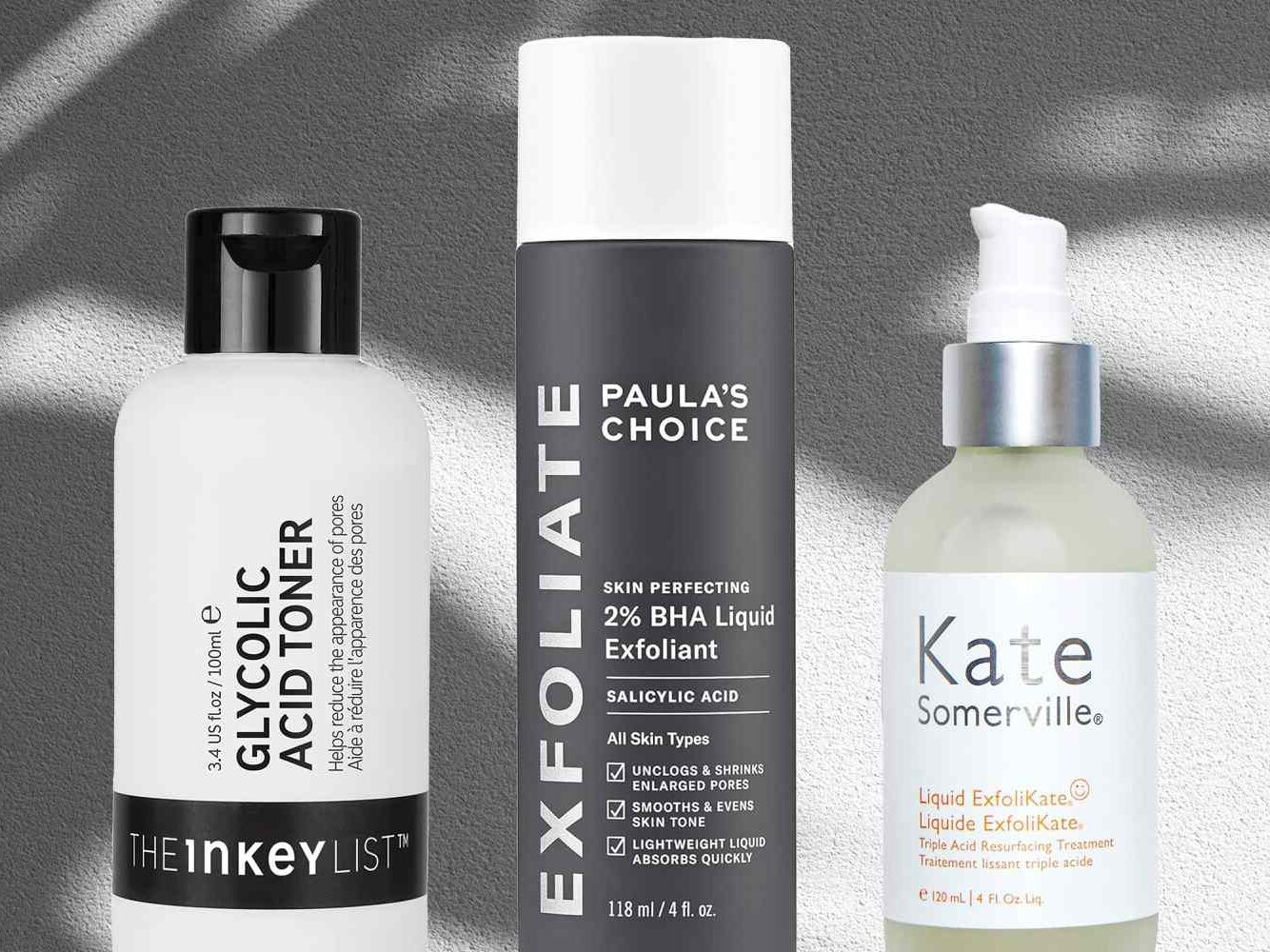
Exfoliation removes dead skin cells that can make your complexion look dull and tired. By sloughing off this buildup, you allow your skin to regenerate and take on a fresher, more youthful appearance. Exfoliation also allows other skincare products, like moisturizers and serums, to penetrate more effectively.
There are two main types of exfoliants: physical (scrubs) and chemical (acids like AHAs and BHAs). While physical exfoliants can be harsh on sensitive skin, chemical exfoliants are often gentler and can provide better results. Aim to exfoliate once or twice a week, depending on your skin type.
7. Healthy Lifestyle Choices

Your lifestyle choices play a big role in how your skin ages. Eating a balanced diet rich in antioxidants, staying hydrated, getting enough sleep, and managing stress are all essential for maintaining youthful skin. Regular exercise can also improve circulation, which helps deliver more oxygen and nutrients to your skin cells.
Conclusion
While aging is inevitable, taking care of your skin doesn’t have to be difficult. By following these simple anti-aging skincare tips—cleansing properly, moisturizing, using sunscreen, and incorporating antioxidants and retinoids into your routine—you can enjoy healthy, radiant skin for years to come. Remember, consistency is key, and starting early can help you maintain a youthful complexion well into the future.
